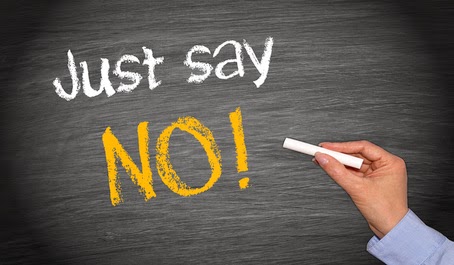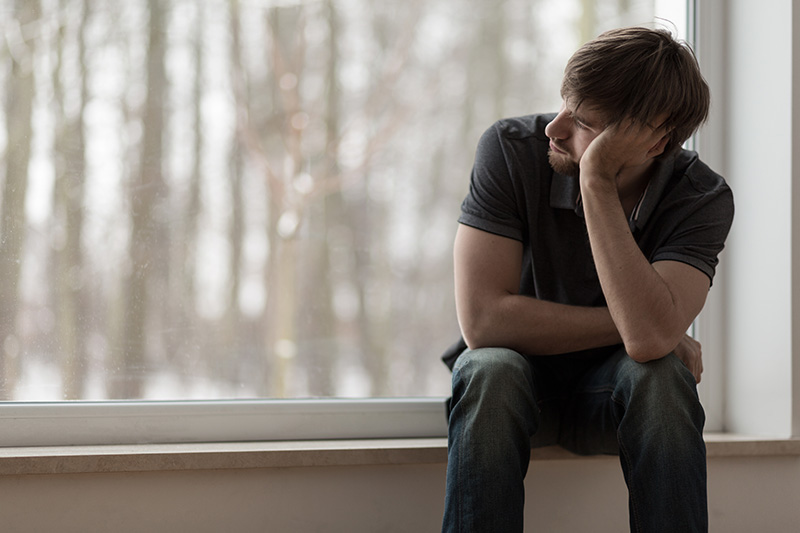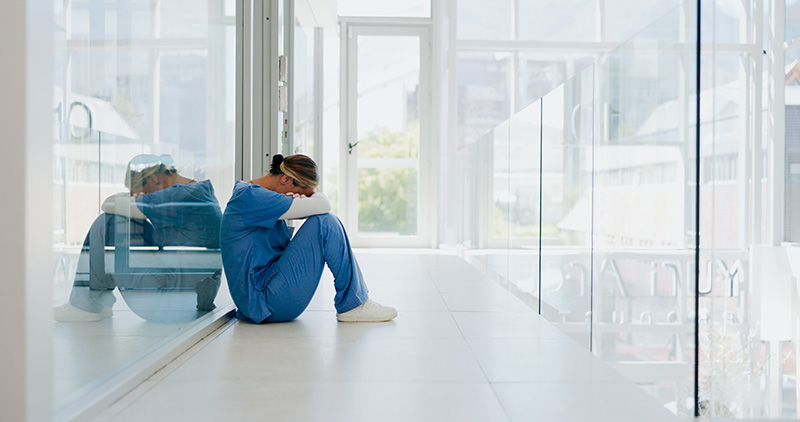 Relapse occurs as a process, not an event. If we agree that relapse can occur at any time, but usually is preceded by a series of changed behaviors and thought shifts (many times weeks, or months prior to engaging in the substance), then we have a greater period of time and a broader array of treatment options to choose from to intervene with the addict. Relapse can be very upsetting, shameful and even deadly. Often friends and loved ones do not understand relapse and see it purely as a willful act on the part of the addict. Both the shameful response to the relapse by the addict, and the blaming response on the part of the family or loved ones, are pathogenic.
Relapse occurs as a process, not an event. If we agree that relapse can occur at any time, but usually is preceded by a series of changed behaviors and thought shifts (many times weeks, or months prior to engaging in the substance), then we have a greater period of time and a broader array of treatment options to choose from to intervene with the addict. Relapse can be very upsetting, shameful and even deadly. Often friends and loved ones do not understand relapse and see it purely as a willful act on the part of the addict. Both the shameful response to the relapse by the addict, and the blaming response on the part of the family or loved ones, are pathogenic. There are two major strategies to lessen the probability of relapse. First, though it may sound common sensical, the addict needs to avoid being exposed to relapse-inducing situations. It could be as simple as taking a different route while driving to avoid a known pick up location, or a more challenging conversation with close friends and ex-drinking/using buddies.
In Larimer, Palmer and Marlatt’s article named, Relapse Prevention: An over view of Marlatt’s Cognitive-Behavioral Model, they speak about two types of relapse-inducing situations. One type is the immediate such as: high-risk situations, less participation in your recovery activities, etc., and the more covert type, which includes more lifestyle imbalance, emotional states, negativity, reactivity, etc.
When treating with a relapse prevention lens, a clinician needs to work on three major areas: mood stabilization, self-efficacy building and prosocial interrelations. Each of these areas when addressed in a non-judgemental, safe environment can be helpful to the addict. You also may want to include this model in any family involvement as well, since the family can become an immediate relapse-inducing situation.
At Providence Treatment in Philadelphia, PA, we offer drug and alcohol relapse prevention program as part of our clinical services, coupling with our day treatment which offers a sober living environment that promotes an excellent setting to learn and practice relapse prevention strategies.
If you, or a professional you love is seeking treatment for alcohol and/or drug addiction, please call us today at (215) 834-7979. Thank you.








